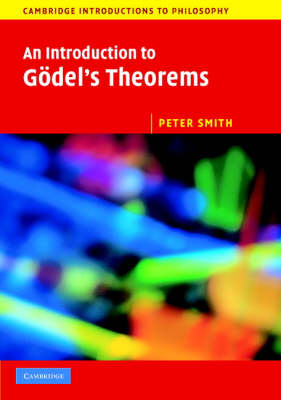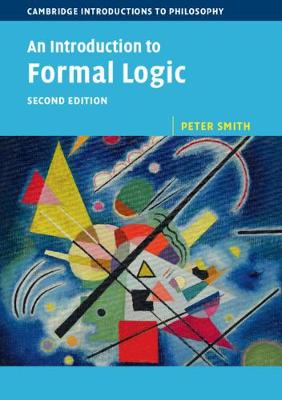Cambridge Introductions to Philosophy
2 total works
In 1931, the young Kurt Goedel published his First Incompleteness Theorem, which tells us that, for any sufficiently rich theory of arithmetic, there are some arithmetical truths the theory cannot prove. This remarkable result is among the most intriguing (and most misunderstood) in logic. Goedel also outlined an equally significant Second Incompleteness Theorem. How are these Theorems established, and why do they matter? Peter Smith answers these questions by presenting an unusual variety of proofs for the First Theorem, showing how to prove the Second Theorem, and exploring a family of related results (including some not easily available elsewhere). The formal explanations are interwoven with discussions of the wider significance of the two Theorems. This book will be accessible to philosophy students with a limited formal background. It is equally suitable for mathematics students taking a first course in mathematical logic.
Formal logic provides us with a powerful set of techniques for criticizing some arguments and showing others to be valid. These techniques are relevant to all of us with an interest in being skilful and accurate reasoners. In this very accessible book, extensively revised and rewritten for the second edition, Peter Smith presents a guide to the fundamental aims and basic elements of formal logic. He introduces the reader to the languages of propositional and predicate logic, and develops natural deduction systems for evaluating arguments translated into these languages. His discussion is richly illustrated with worked examples and exercises, and alongside the formal work there is illuminating philosophical commentary. This book will make an ideal text for a first logic course and will provide a firm basis for further work in formal and philosophical logic.

